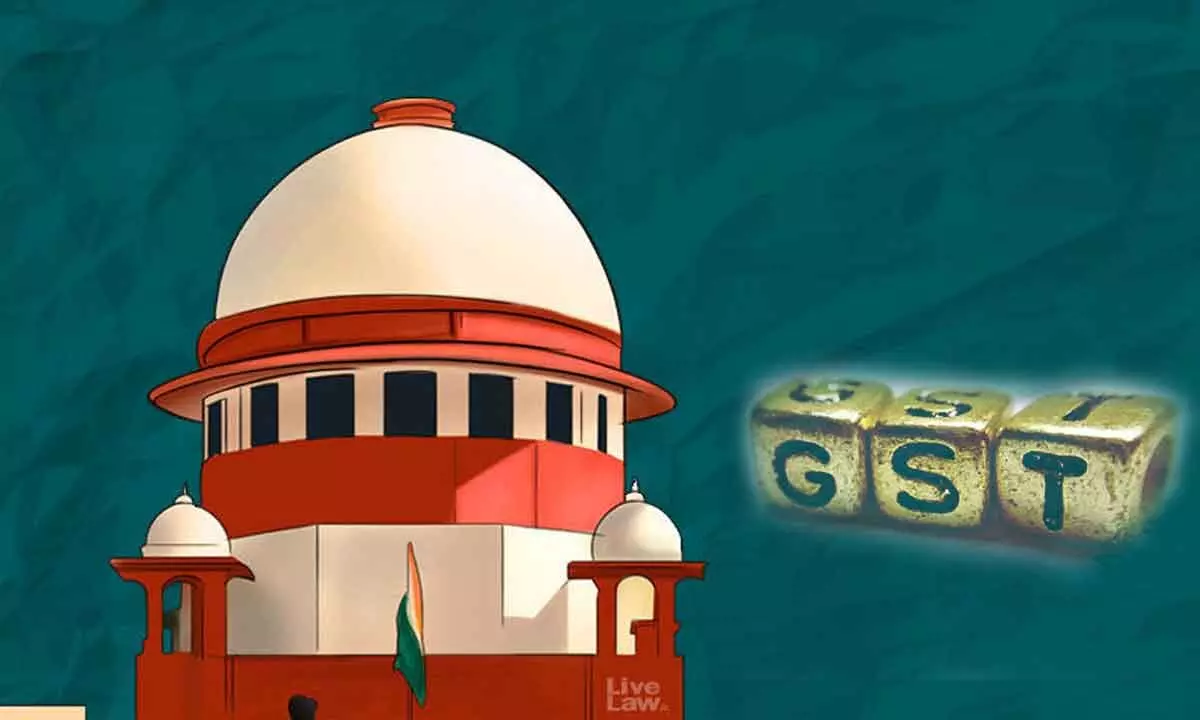GST and the recent SC ruling

The Supreme Court has ruled that the Central and State Governments' have simultaneous powers to legislate on Goods and Services Tax (GST) on Thursday.
The Supreme Court has ruled that the Central and State Governments' have simultaneous powers to legislate on Goods and Services Tax (GST) on Thursday. It further asked the GST Council to work in harmony to achieve workable solutions between Centre and States in case of disputes or differences. What is more significant is the ruling that the GST Council is not binding on States and it has only a persuasive value. GST has become the main explanation for disputes between the state and therefore the central government of late.
The GST which came into force within the year 2017 still remains a serious explanation for the dispute between the state and therefore the central government. Any number of meetings were held between the States and the Centre but the GST disputes could not be resolved at all. The States have always been complaining that the Centre has not been respecting the federalism inherent to our Constitution and it has no regard or respect for the State's needs.
Several States, particularly, those ruled by the Opposition have maintained that the Centre is deliberately denying them their fair share of taxes that has been affecting their adversely. Significantly, after the implementation of GST, there are two equal parts of the whole revenue from this tax. A part of this involves the central government and therefore the other, the states. Currently the receipts of the State stand at a share of 42 percent.
At the time the GST system was implemented, there was concern among the states that their revenue could fall within the new system. In such a situation, the then Union minister of Finance Arun Jaitley implemented a formula, consistent with which the states won't only make sure the income received from those taxes within their share in the GST, but also will guarantee a 14 percent increase per annum. Such a system will last for five years.
The central government had expected that GST may be a significant tax reform and wouldn't only increase efficiency in collection. It was also expected to prevent tax evasions. However, the GST took a while to calm down, and therefore the total receipts from GST varied. The Centre could see a crossing of Rs 1 lakh crore of GST receipts (monthly) in the first nine months of the GST regime itself. The Centre had to evolve a cess to compensate State for their loss if any. Still, the differences continued between the States and the Centre. There has been no consensus yet.
Even before the introduction of GST in July 2017, there was an attempt between the Central and State Governments to agree on how the revenue is going to be distributed between the middle and therefore the States. The problem with the ruling party at the Centre has been that it bulldozes its way over differences. Perhaps, keeping in view this nature of the Centre, the court felt the need to lecture it a bit on federalism itself. "Indian federalism is a dialogue between cooperative and non-cooperative federalism. Indian federalism is a dialogue in which States and Centre always engage in a dialogue," the Court said.










